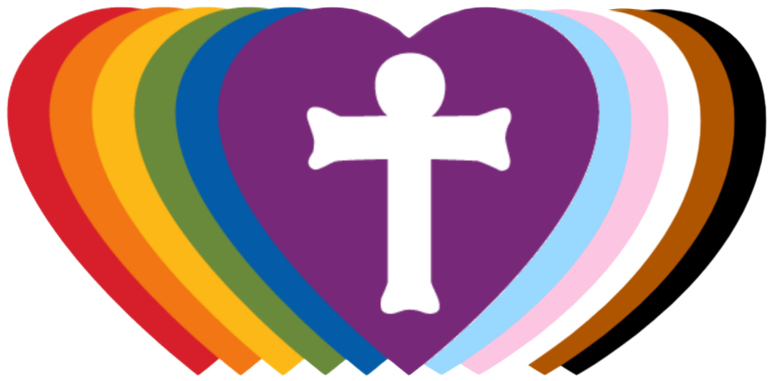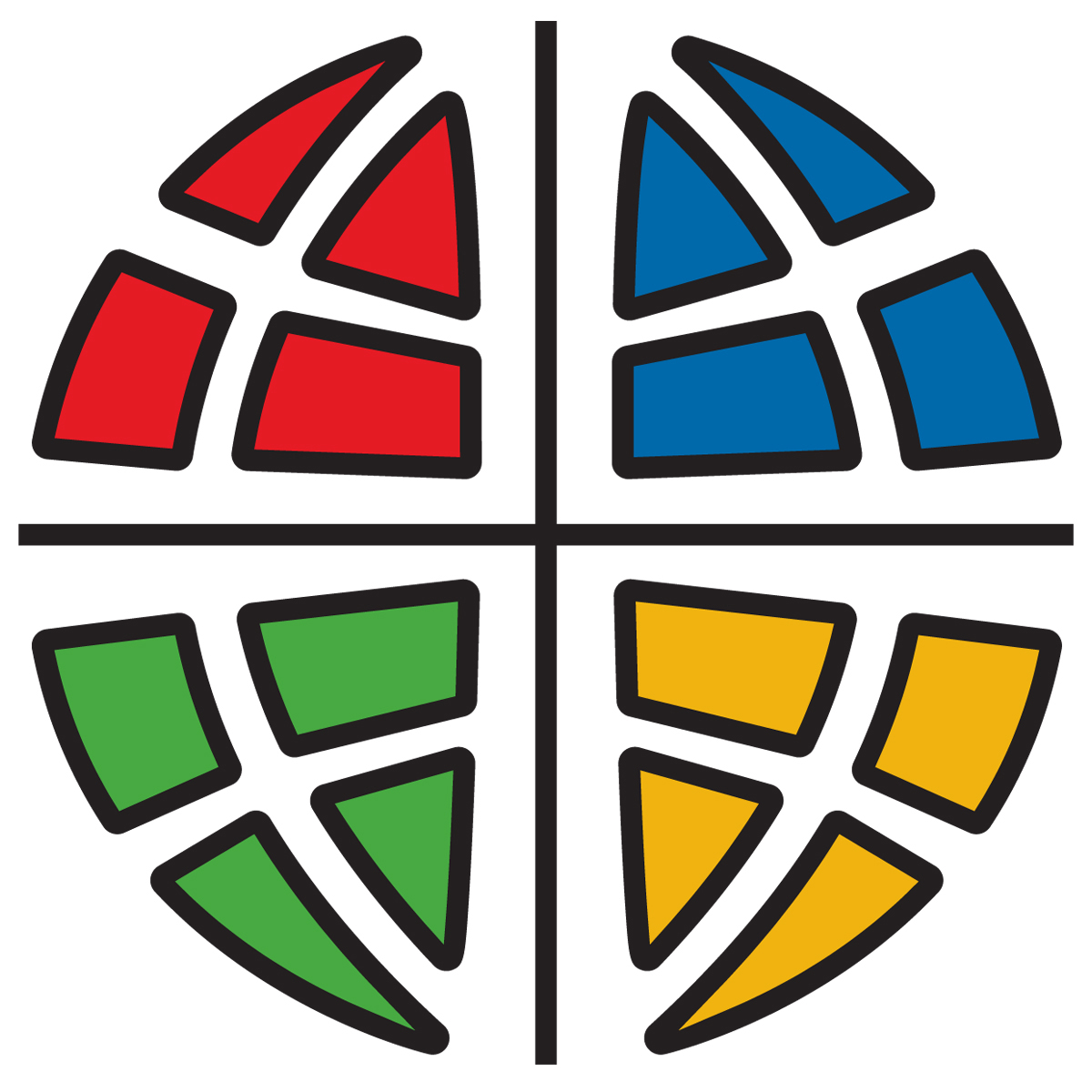REFLECTIONS
Each week we will offer a connection point to The Serviceberry that concludes with a call to some type of action.
Week 1
SCRIPTURE
Luke 6:30-31
REFLECT
Stewardship is about more than just taking care of our money and allocating where it goes. We steward many things in our lives. Today we are challenged in thinking about how we are stewarding our energy. Where are we giving it, where are we containing it? Jesus calls us to spend our energy on others, making sure that the people around us feel loved, cared for and have what they need. The same goes for our congregation; how are we stewarding our energy to focus on mission and care for the community? How are we stewarding our energy to care for creation and giving generously to our neighbors?
ACT
We invite you this week to research the organizations around you that are caring for neighbors. Where are places that you can volunteer, donate or give your energy to, that focus on doing as Jesus says in this scripture; treating others as we want to be treated. Make a list and think about the different ways you can be a part of this mission.
Week 2
SCRIPTURE
Luke 19:1-10
REFLECT
Stewardship is also about money. How are we using what we have, both money and possessions, to help the people around us? Zacchaeus had been a thief, growing in wealth illegally by taking from others. His eyes were opened by Jesus that this is not the way God calls us to live, these are not the values we are called to live by. We are not called to steward our money to get richer, but rather, to steward our money to make sure others have enough. How are you stewarding your assets with a focus of making sure others have what they need? How can you take a brave and bold step like Zaccheaus and give to others generously?
ACT
Do you have a budget spreadsheet? Or maybe an app that you use? We invite you to sit down and see where there is room for change, with a focus on others. Is there wiggle room for you to give more? Or what about your possessions, do you have more than you need? Any way you can give to people who need more? It is hard and vulnerable work, but also holy and important.
Week 3
SCRIPTURE
Mark 6:31-40
REFLECT
Have you heard this story? An indigenous Brazilian hunter saying, “Store my meat? I store my meat in the belly of my brother.” Robin Wall Kimmerer tells the story of that quote:
“Yes, that quote, that story […] is at the heart of what we understand to be a gift economy. In this story, the hunter had been successful that day and came back with a really sizable animal. And so the anthropologist linguist was talking with them and saying, “Well, how are you going to store the meat? Are you going to dry it or salt it? What will you do to store the meat?” And he reports the astonishment of the hunter, saying, “Store my meat. Why would I do that?” And so he asks again, and he said, “Well, no, I don't store my meat. I store my meat in the belly of my brother.” Meaning he wasn't going to hold on to and accumulate this bonus, this surplus of meat. He was going to have a feast. He was going to invite his neighbors, his friends, his extended family, all to come and benefit from what the forest had provided him in the form of game. And the anthropologist was astonished because that breaks all the rules of Western economics. Doesn't it? That says, “Well, you should hold on to that for yourself. You should store it so that when the hungry time comes, as it inevitably does, you'll have food security.” But essentially, the lesson taught by that story is there are other ways to have material security, food security, and that is through relationship. That hunter was saying, when I feed my neighbors, when I feed my community, they're going to feed me when their nets are full of fish, they're going to invite me to a feast if I need their help, we've established good relationships of trust and kinship, so they'll take care of me, because I'm taking care of them. And that is the heart of a gift economy. No money is exchanged. The gift stays in motion. It creates this network of relationships that create the kind of material security that market economics is designed to produce.”
–from Living On Earth
ACT
As you go through this week, look for the gift economies. Where do you see them? For instance, notice how there are little free libraries in the neighborhood–this is a micro gift economy. And, free public libraries scale up this gift economy. Where else do you notice gift economies, large and small? The next time you need a clothing item, consider the gift economy and consider a hand-me-down or buying used. As you plan for a larger purchase, can that item be shared or borrowed? For instance, does everyone in your neighborhood need a lawn mower? Can it be shared?
Spend time this week making a gratitude list.
Week 4
SCRIPTURE
Mark 6:31-44
REFLECT
So often we think of stewarding what we have so that we can grow in it ourselves. As we hear about being members of the Gift Economy, we are invited to think about stewarding resources for the good of all. How do we think about stewardship in a last shall be first and first shall be last mindset? How can we steward our resources so that we can use them for the Gift Economy? Where do we give and to whom do we give to? We all have different passions, and we can use our resources to fund and buy into those as well, whether that is plant restoration, waterway cleansing, housing insecure funding, or combatting the extinction of endangered animals. We give to help and care, not to get back, because in helping, we ARE getting back.
ACT
We have little cards for you to color, cut out and place on your refrigerator or somewhere you will see. As you look at this logo, may you be challenged each day to think about new ways to give to this earth, to be caretakers of creation, and live into our calling from God!


